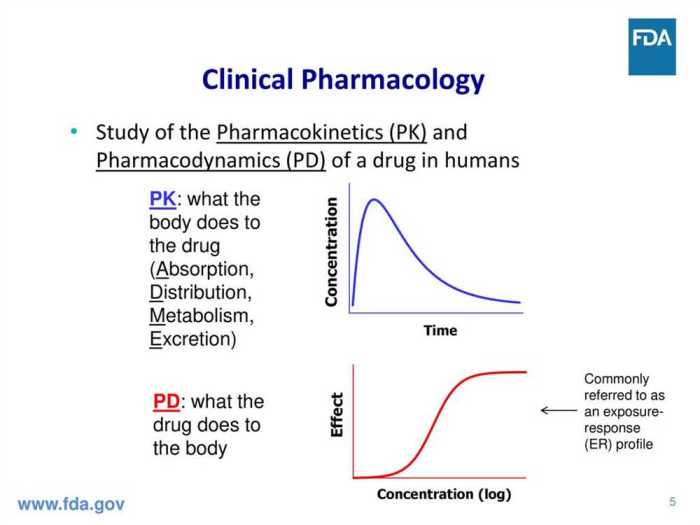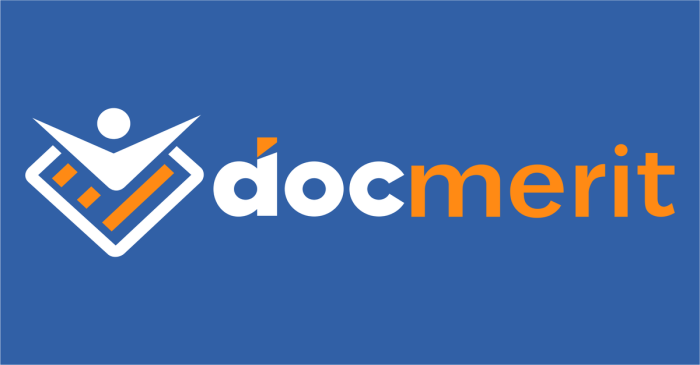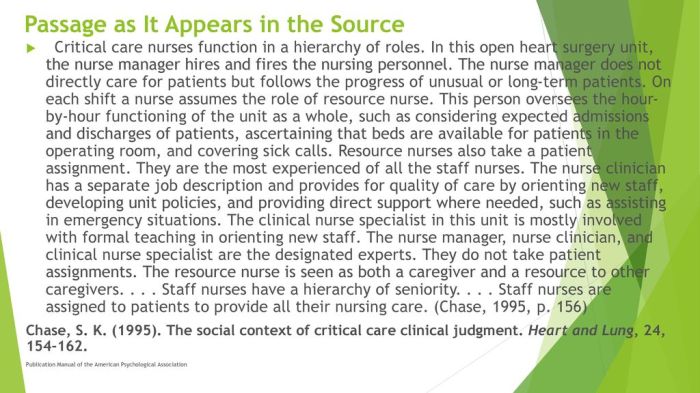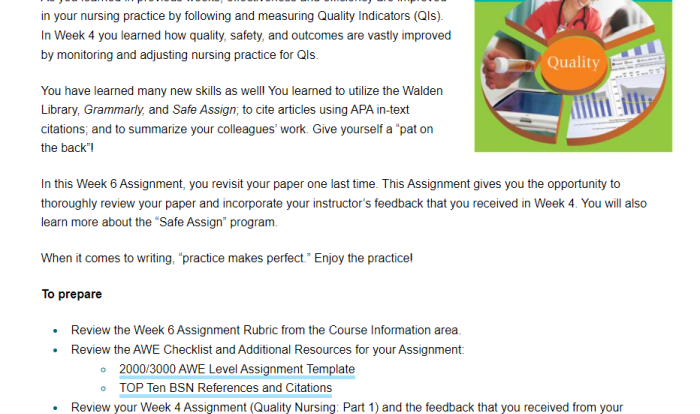The Relias RN Pharmacology Assessment A is a crucial evaluation tool for nurses, providing a comprehensive assessment of their pharmacology knowledge and clinical competence. This guide delves into the intricacies of the assessment, offering strategies for effective preparation and highlighting its significance in professional development.
Introduction to Relias RN Pharmacology Assessment A
The Relias RN Pharmacology Assessment A is a comprehensive evaluation designed to assess the knowledge and skills of registered nurses in the area of pharmacology.
The assessment consists of 50 multiple-choice questions, covering a wide range of topics including drug classifications, mechanisms of action, adverse effects, and nursing implications.
Assessment Format
The assessment is administered online and has a time limit of 90 minutes. Candidates are required to achieve a score of 75% or higher to pass.
Purpose and Scope
The purpose of the Relias RN Pharmacology Assessment A is to:
- Evaluate the knowledge and skills of registered nurses in pharmacology.
- Identify areas where nurses may need additional education or training.
- Provide nurses with a benchmark against which to compare their performance.
The assessment is appropriate for registered nurses who are working in a variety of settings, including hospitals, clinics, and long-term care facilities.
Content of Relias RN Pharmacology Assessment A
The Relias RN Pharmacology Assessment A is a comprehensive exam that covers a wide range of pharmacology topics. The assessment is divided into three major content areas: drug classes, mechanisms of action, and nursing implications.
The drug classes section of the assessment covers the major drug classes used in nursing practice. This section includes topics such as antibiotics, cardiovascular drugs, and central nervous system drugs.
The mechanisms of action section of the assessment covers the different ways that drugs work in the body. This section includes topics such as drug absorption, distribution, metabolism, and excretion.
The nursing implications section of the assessment covers the nursing implications of drug therapy. This section includes topics such as drug administration, monitoring, and patient education.
Drug Classes
- Antibiotics
- Cardiovascular drugs
- Central nervous system drugs
- Endocrine drugs
- Gastrointestinal drugs
- Musculoskeletal drugs
- Respiratory drugs
- Urinary tract drugs
Mechanisms of Action, Relias rn pharmacology assessment a
- Drug absorption
- Drug distribution
- Drug metabolism
- Drug excretion
- Drug interactions
Nursing Implications
- Drug administration
- Drug monitoring
- Patient education
- Drug therapy evaluation
Assessment Strategies for Relias RN Pharmacology Assessment A
Preparation for the Relias RN Pharmacology Assessment A requires effective study techniques and strategic approaches to ensure successful completion. This involves developing a comprehensive study plan, employing efficient time management strategies, and adopting effective question-answering techniques.
Effective Study Techniques
- Active Recall:Regularly test your understanding by retrieving information from memory without referring to notes. This strengthens memory retention and improves recall during the assessment.
- Spaced Repetition:Review material at increasing intervals to enhance long-term memory. This technique helps solidify concepts and prevents forgetting.
- Concept Mapping:Create visual representations of concepts and their relationships. This helps organize information and improves comprehension.
- Peer Study Groups:Collaborate with peers to discuss concepts, share knowledge, and quiz each other. This promotes active engagement and diverse perspectives.
- Practice Questions:Utilize practice questions and simulations to familiarize yourself with the format and content of the assessment. This builds confidence and reduces anxiety.
Time Management and Question-Answering Strategies
Time management is crucial during the assessment. Allocate time wisely for each question and avoid spending excessive time on any one question.
When answering questions, carefully read the instructions and identify the key concepts being tested. Eliminate incorrect answer choices based on logic and evidence. If unsure, make an educated guess but be prepared to justify your answer.
Identifying Key Concepts and Clinical Application
To succeed in the assessment, it is essential to identify key pharmacological concepts and understand their clinical implications. Focus on understanding drug mechanisms of action, side effects, interactions, and nursing responsibilities.
Relate pharmacological knowledge to real-life clinical scenarios to demonstrate your ability to apply theory to practice. This shows your comprehension and readiness for professional practice.
Resources for Relias RN Pharmacology Assessment A Preparation

Adequate preparation is key to success in the Relias RN Pharmacology Assessment A. Several reputable resources are available to assist candidates in their studies and preparation for the assessment.
These resources include textbooks, online courses, practice questions, and study guides. Each resource offers unique benefits and should be utilized strategically to maximize effectiveness.
Textbooks
Textbooks provide comprehensive coverage of pharmacology concepts and principles. They offer a structured approach to learning and serve as a valuable foundation for understanding the subject matter.
When selecting a textbook, consider factors such as its currency, readability, and alignment with the assessment objectives. Recommended textbooks include:
- Pharmacology for Nurses: A Pathophysiologic Approach by Linda Lane Lilley, Shelly Rainforth Collins, and Julie S. Snyder
- Pharmacology and the Nursing Process by Linda Lane Lilley, Shelly Rainforth Collins, and Julie S. Snyder
- Lippincott’s Pharmacology for Nursing by Mary C. Dougherty and Stacey K. Egbert
Online Courses
Online courses offer flexibility and convenience in preparing for the assessment. They provide structured learning modules, interactive exercises, and access to expert instructors.
When choosing an online course, consider the provider’s reputation, the course content, and the availability of support resources. Recommended online courses include:
- Pharmacology for Nurses: A Comprehensive Review by ATI Nursing Education
- Pharmacology for Nurses: A Comprehensive Review by Kaplan Nursing
- Pharmacology for Nurses: A Comprehensive Review by UWorld
Practice Questions
Practice questions are essential for testing knowledge and identifying areas for improvement. They provide an opportunity to simulate the actual assessment experience and build confidence.
Practice questions can be found in textbooks, online courses, and dedicated practice question banks. Utilize these resources to practice regularly and track progress.
Study Guides
Study guides provide a concise overview of key concepts and frequently tested topics. They can be used as a quick reference or as a supplement to other resources.
When selecting a study guide, consider its comprehensiveness, organization, and user-friendliness. Recommended study guides include:
- Pharmacology for Nurses: A Study Guide by Linda Lane Lilley, Shelly Rainforth Collins, and Julie S. Snyder
- Pharmacology and the Nursing Process: A Study Guide by Linda Lane Lilley, Shelly Rainforth Collins, and Julie S. Snyder
- Lippincott’s Pharmacology for Nursing: A Study Guide by Mary C. Dougherty and Stacey K. Egbert
Importance of Relias RN Pharmacology Assessment A

The Relias RN Pharmacology Assessment A is a significant evaluation for nurses in clinical practice, serving as a crucial measure of their competence in pharmacology. Passing this assessment demonstrates a nurse’s proficiency in administering medications safely and effectively, ensuring optimal patient outcomes.
This assessment is vital in ensuring patient safety, as it evaluates a nurse’s knowledge of drug interactions, dosages, side effects, and contraindications. By demonstrating competency in pharmacology, nurses can minimize medication errors, prevent adverse drug events, and provide high-quality care to their patients.
Career Advancement and Professional Development
Passing the Relias RN Pharmacology Assessment A can significantly impact a nurse’s career advancement and professional development. It provides tangible evidence of a nurse’s expertise in pharmacology, enhancing their credibility and competitiveness in the job market. Additionally, passing this assessment can open doors to specialized roles and opportunities, such as medication administration or clinical research, further advancing a nurse’s career trajectory.
FAQ Summary
What is the purpose of the Relias RN Pharmacology Assessment A?
The Relias RN Pharmacology Assessment A evaluates nurses’ understanding of pharmacology principles, ensuring their ability to administer medications safely and effectively.
What is the format of the assessment?
The assessment consists of multiple-choice questions covering a wide range of pharmacology topics, with a time limit and a predetermined scoring system.
How can I effectively prepare for the assessment?
Effective preparation involves studying reputable sources, practicing question-answering strategies, and seeking support from colleagues or mentors.

